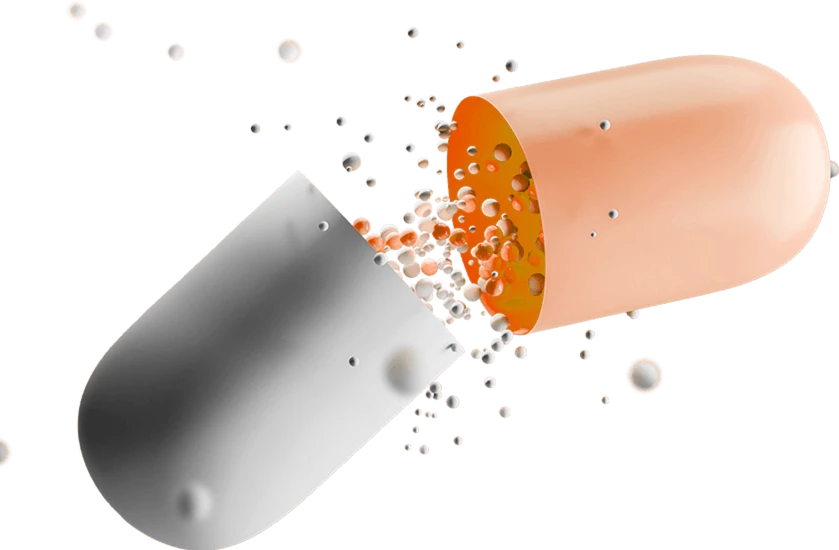- Afrikaans
- Albanian
- Amharic
- Arabic
- Armenian
- Azerbaijani
- Basque
- Belarusian
- Bengali
- Bosnian
- Bulgarian
- Catalan
- Cebuano
- Corsican
- Croatian
- Czech
- Danish
- Dutch
- English
- Esperanto
- Estonian
- Finnish
- French
- Frisian
- Galician
- Georgian
- German
- Greek
- Gujarati
- Haitian Creole
- hausa
- hawaiian
- Hebrew
- Hindi
- Miao
- Hungarian
- Icelandic
- igbo
- Indonesian
- irish
- Italian
- Japanese
- Javanese
- Kannada
- kazakh
- Khmer
- Rwandese
- Korean
- Kurdish
- Kyrgyz
- Lao
- Latin
- Latvian
- Lithuanian
- Luxembourgish
- Macedonian
- Malgashi
- Malay
- Malayalam
- Maltese
- Maori
- Marathi
- Mongolian
- Myanmar
- Nepali
- Norwegian
- Norwegian
- Occitan
- Pashto
- Persian
- Polish
- Portuguese
- Punjabi
- Romanian
- Russian
- Samoan
- Scottish Gaelic
- Serbian
- Sesotho
- Shona
- Sindhi
- Sinhala
- Slovak
- Slovenian
- Somali
- Spanish
- Sundanese
- Swahili
- Swedish
- Tagalog
- Tajik
- Tamil
- Tatar
- Telugu
- Thai
- Turkish
- Turkmen
- Ukrainian
- Urdu
- Uighur
- Uzbek
- Vietnamese
- Welsh
- Bantu
- Yiddish
- Yoruba
- Zulu
Dis . 23, 2024 02:12 Back to list
goat ivermectin injection
Exploring Goat Ivermectin Injection Uses, Benefits, and Considerations
Ivermectin is a widely used antiparasitic agent that has gained notable attention in veterinary medicine, particularly in goat husbandry. This medication is essential for managing a range of parasitic infections that can affect the health and productivity of goats. In this article, we will delve into the uses, benefits, and considerations surrounding ivermectin injection for goats.
Understanding Ivermectin
Ivermectin belongs to the class of medications known as avermectins. It was initially discovered for its effectiveness against various parasites in livestock. The drug works by binding to specific channels in the parasites' nervous system, causing paralysis and subsequent death of these organisms. It is effective against internal parasites such as roundworms and external parasites like mites and lice, making it a versatile tool for goat farmers.
Uses in Goat Husbandry
Goats are susceptible to numerous parasites, which can lead to serious health issues, reduced growth rates, and lower milk production. Ivermectin injections are often prescribed for the following conditions
1. Gastrointestinal Worms Goats are frequently affected by gastrointestinal nematodes, including Haemonchus contortus (barber pole worm). This parasite can cause anemia and significant weight loss.
2. External Parasites External parasites such as lice and mites can affect the skin and overall health of goats, leading to discomfort, stress, and secondary infections.
3. Heartworm Prevention Though more common in dogs, heartworms can also infect goats. Regular ivermectin treatment can help prevent this condition.
Benefits of Ivermectin Injection
goat ivermectin injection

2. Ease of Administration The injectable form of ivermectin is particularly advantageous for farmers, as it allows for precise dosing and minimizes stress for the animal compared to oral medications.
3. Long-lasting Protection Ivermectin provides extended protection against reinfection, often allowing farmers to space out treatments and reduce overall labor costs.
Considerations and Precautions
While ivermectin is an effective treatment, it is essential to use it responsibly to avoid developing resistance among parasites. Here are several points to consider
1. Dosage and Frequency It is crucial to adhere to the recommended dosage and frequency based on veterinary guidelines. Overuse or incorrect dosing can lead to ineffective treatment or increased resistance.
2. Withdrawal Period For goats that are being raised for meat or milk, it is critical to observe a withdrawal period after administering ivermectin. This period ensures that any residual drug in the animal does not contaminate the food supply.
3. Veterinary Guidance Always consult with a veterinarian before starting any treatment. They can provide proper diagnosis, dosage recommendations, and alternative strategies for parasite control.
4. Integrated Pest Management To combat the risk of parasite resistance, goat farmers should adopt an integrated approach that includes rotational grazing, maintaining proper nutrition, and using alternative treatments when necessary.
Conclusion
Ivermectin injection is a vital tool in the management of parasitic infections in goats. Its effectiveness and ease of use make it a preferred choice among goat farmers. However, responsible use, along with veterinary guidance, is essential to ensure the longevity of this treatment’s efficacy. By understanding the role of ivermectin and incorporating best practices in parasite management, goat owners can maintain healthier herds and optimize their agricultural productivity.
-
Guide to Oxytetracycline Injection
NewsMar.27,2025
-
Guide to Colistin Sulphate
NewsMar.27,2025
-
Gentamicin Sulfate: Uses, Price, And Key Information
NewsMar.27,2025
-
Enrofloxacin Injection: Uses, Price, And Supplier Information
NewsMar.27,2025
-
Dexamethasone Sodium Phosphate Injection: Uses, Price, And Key Information
NewsMar.27,2025
-
Albendazole Tablet: Uses, Dosage, Cost, And Key Information
NewsMar.27,2025













